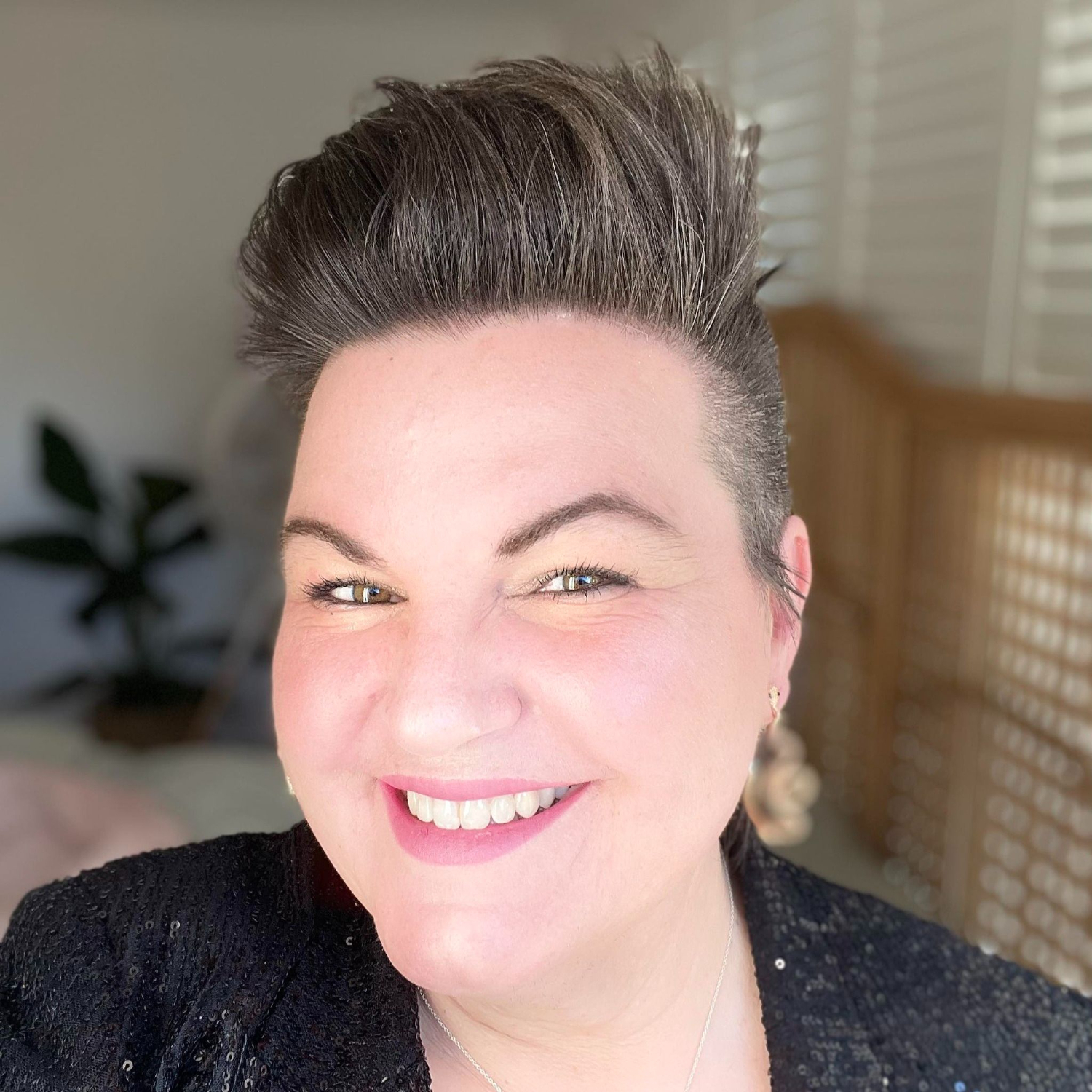
Understand
autism, ADHD, and other forms of neurodivergence from an autistic perspective

Support
your child about psychological, emotional and physical safety in relationships

Actualise
rather than normalise your child, learn to support them in being proud of who they are
Teaching our children
about psychological, emotional and physical safety in relationships with other people is crucial. So many of our children are deeply empathetic, natural carers and nurturers and struggle to avoid taking on the role of taking responsibility for the care and wellbeing of others. These are, of course, beautiful qualities. They are also qualities that may attract those that feel entitled to the ongoing care of others at their own expense, predators, or those who are unable to recognise the harm they cause others.
As an autistic, ADHD, PDA adult with CPTSD myself, it has taken me a lifetime of struggle to learn how to prioritise my own safety in relationships with others. Bullying at school, in the workplace, unhealthy and abusive partnerships, and even educator/child and parent/child relationships can be inappropriate and unsafe.
A child's sense of self begins with how they're supported to consider themselves in social dynamics and relationships, however many neurodivergent children have their sense of self and their personal safety placed at risk within moments of being diagnosed or identified neurodivergent.
This is often evident in social skills programs and early intervention approaches that prioritise normalisation over actualisation, and seek to have our child appear indistinguishable from their peers, rather than embracing their neurodivergent identity and culture; and learning how to connect with others in relational safety.
Kristy Forbes
is an Australian based autism & neurodiversity support specialist
with experience working with clients both nationally and internationally.
This includes neurodivergent people and their families; and professionals who wish to support them, such as educators, psychologists, paediatricians, allied health professionals, support workers and integration aides.
Her work is informed by her extensive professional experience as an educator (Early Childhood, Primary and Secondary teaching), as an integration aide to children with social, emotional and behavioural differences, and as a childhood behavioural and family support specialist.
Kristy has an interest and deep commitment to trauma informed approaches that challenge our current paradigm, along with exploration of decolonisation in her work.
Kristy is formally identified autistic, attention deficit hyperactivity disorder (ADHD) and Pathological Demand Avoidance (PDA) as well as being a parent to four neurodivergent children, all with varying neurodivergent experience and expression including being non speaking, apraxia, dyspraxia, tourettes and PDA.
Learn more about Kristy
Join our Masterclass today
Join us in exploring how to support our children to truly know their worth and to be able to find connection with others grounded in safety and self advocacy.

